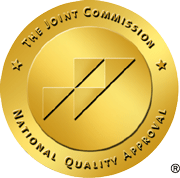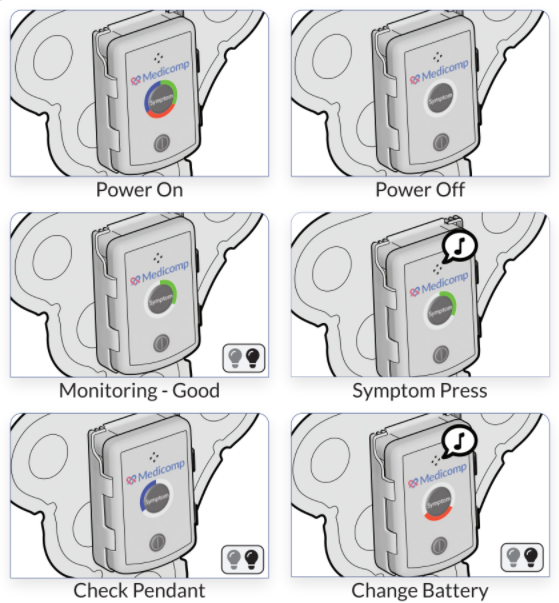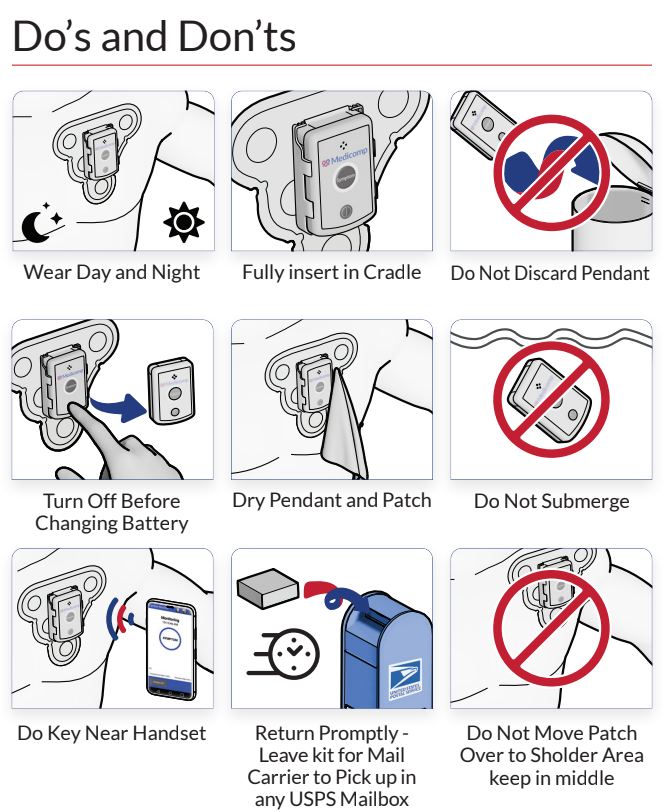While many of the risk factors of heart disease are not preventable, such as heredity, some factors are easily avoidable. One of these is diet, which can be easily altered without much difficulty. Read below for a list of ways you can deter heart disease. If you are suffering any signs of heart distress, contact ReactDx, the portable cardiac monitor company you can rely on to monitor the health of your heart.
- Watch Portion Size: In the age of “bigger is better”, it is difficult to find a restaurant that offers balanced portion sizes for any of the food on your plate. When dining out, eat approximately half your meal and leave the rest to take home for later. At home, choose to eat on smaller plates or contain your portions in smaller bowls. Learn the average serving size of the foods you eat most frequently before you pile your plate with pasta, meat, or ice cream.
- When in Hunger: When you’re hungry, reach for low-calorie, nutrient-rich foods, such as fruits and vegetables. Because fruits and vegetables contain high levels of fiber, your digestive system benefits twice, once with a fuller feeling and again as fiber moves food along the digestive tract. Refined and processed foods, most of the boxes found in the supermarket, should be eaten in small quantities since they are often high-calorie and high-sodium foods, neither of which promotes heart health.
- Looks Can be Deceiving: Be aware of the packaging of even nutritional foods. A can of peaches in heavy syrup is not nearly as healthy as a fresh peach. If you cannot buy fresh fruits or vegetables, choose frozen. Packages of frozen fruits and vegetables generally contain no or low sodium and are often limited to one or two ingredients.
- Switch to Whole Grains: Whole grains are a great substitute for refined white bread. The fiber in whole grains regulates blood pressure and the health of your heart. Try one of the newer whole grains presented in the supermarket, such as quinoa, barley, or farro.
- Watch Your Fat Intake: Limiting fat intake is always healthier for your heart, but not all fats are created equally. Saturated fats and trans fats should be eaten infrequently since they increase blood cholesterol levels, arterial plaques, heart attack risks, and the possibility of a stroke. Simply trimming the fat off your steak or choosing meats with less than 10% total fat will significantly decrease your fat intake.
- Look for Trans Fats: “Reduced fat” products often replace better fats with trans fats. Check the labels on reduced-fat foods for either trans fats or partially hydrogenated fats. If you see either of these listed, find an alternative package. At home, cook with monounsaturated fats, such as olive oil. The polyunsaturated fats in some fish, nuts, and seeds will satisfy your fat craving while lowering your total blood cholesterol. Keep in mind that portion control is essential for these foods, as well.
Cleaning up your diet can easily reduce heart disease and assist in a weight loss program. Contact the ReactDx by calling (800) 23-HEART (234-3278), and read our latest blogs for information on portable cardiac monitoring, heart health, and fitness.



